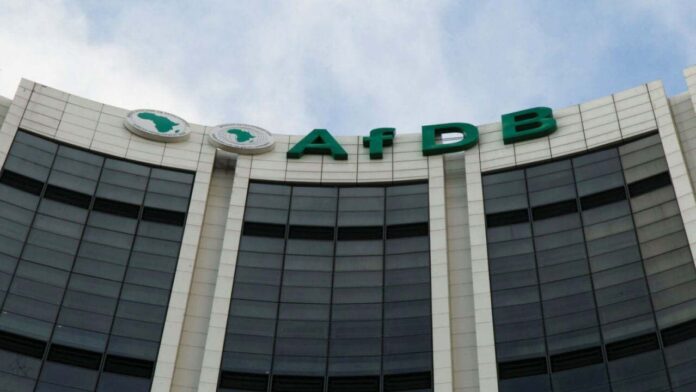The African Development Bank (AfDB), Nigerian governors and the Nigeria Sovereign Investment Authority (NSIA) have committed to advancing the Special Agro-Industrial Processing Zone (SAPZ) Initiative in Nigeria.
The commitment was made when the AfDB President, Dr Akinwumi Adesina received four Nigerian governors and the Managing Director of NSIA, Mr Uche Orji in Abidjan, Cote D’Ivoire.
A statement issued on Thursday in Abidjan, by Olufemi Terry of the bank’s Communications and External Relations Department, said that Adesina invited the delegation to discuss what would be the rapid rollout of the first phase of the program in their states.
According to the statement, the governors are Dapo Abiodun of Ogun state, Seyi Makinde of Oyo State, Nasir Ahmad El-Rufai of Kaduna State and Hope Uzodinma of Imo State.
The meeting was to discuss how the program would help realise development and add economic value in the states.
It underscored the important underlying role of the NSIA as a honest broker of the program, as well as the commitment of all the governors to it.
A communique signed by all parties affirmed all parties’ joint commitment and acknowledgement that the SAPZ program was one that would be used to transform agriculture quickly and at scale across Nigeria.
The statement said that Adesina reiterated the bank’s commitment to Nigerian agriculture, which he said had the potential to be a powerhouse in food provision.
“Last December, the Bank’s board of directors approved a 160 million dollar loan to get the program underway in seven Nigerian states and Nigeria’s Federal Capital Territory.
“Additional co-financing for the first phase of the program will come from the International Fund for Agricultural Development and the Islamic Development Bank in the amount of 150 million dollars.
“The Nigerian government will provide roughly 18.05 million dollars toward the program’s rollout and implementation.”
Adesina commended the governors for the enthusiastic manner in which they had embraced the program.
He enjoined them to continue to be the brilliant chief marketing officers for their states and to share their ideas about how to attract private sector investment.
“Today is a very unique day for Nigeria at the AfDB. I must express how proud I am of the Federal Government, the executive governors, the ministries and government agencies, for how this has all come together.”
He also urged the NSIA to develop a roadmap for the governors to follow in rolling out the initiative, adding that there was the need to standardise it and avoid being bureaucratic.
El-Rufai of Kaduna state expressed enthusiasm about the program and enjoined his peers to take advantage of its value for development growth.
“We are committed to the SAPZ program, all of us as governors, and I speak also on behalf of the President of Nigeria.”
Abiodun of Ogun said that it promises to be a very successful and transformational initiative for Ogun State and for the country.
He added that it was an important step toward reducing unemployment, a challenge faced in Ogun state with the growing number of educated young people that were completing their studies with no jobs.
Governors Makinde and Uzodinma also emphasized how the program would shore up agricultural development in their states.
Orji of the NSIA said that agriculture was a key focus area of his agency, pledging to work with governors to ensure that procurement was done professionally and on time.
He was quoted as saying that the NSIA, which was 52 per cent owned by states, and 48 per cent by the Federal Government, would play a key role in the rollout of the program.
He signed a letter of intent committing the agency to provide strategic assistance in procuring transaction advisory firms and other companies to implement world class infrastructure in the hubs.
The bank said that President Muhammadu Buhari was expected to preside over a ceremony in Nigeria in February to officially launch the first phase of the SAPZ program.
It added that so far, SAPZ project had attracted significant interest from private sector food and agro businesses in Nigeria, while investments of at least one billion dollars were expected in these zones by the private sector.




